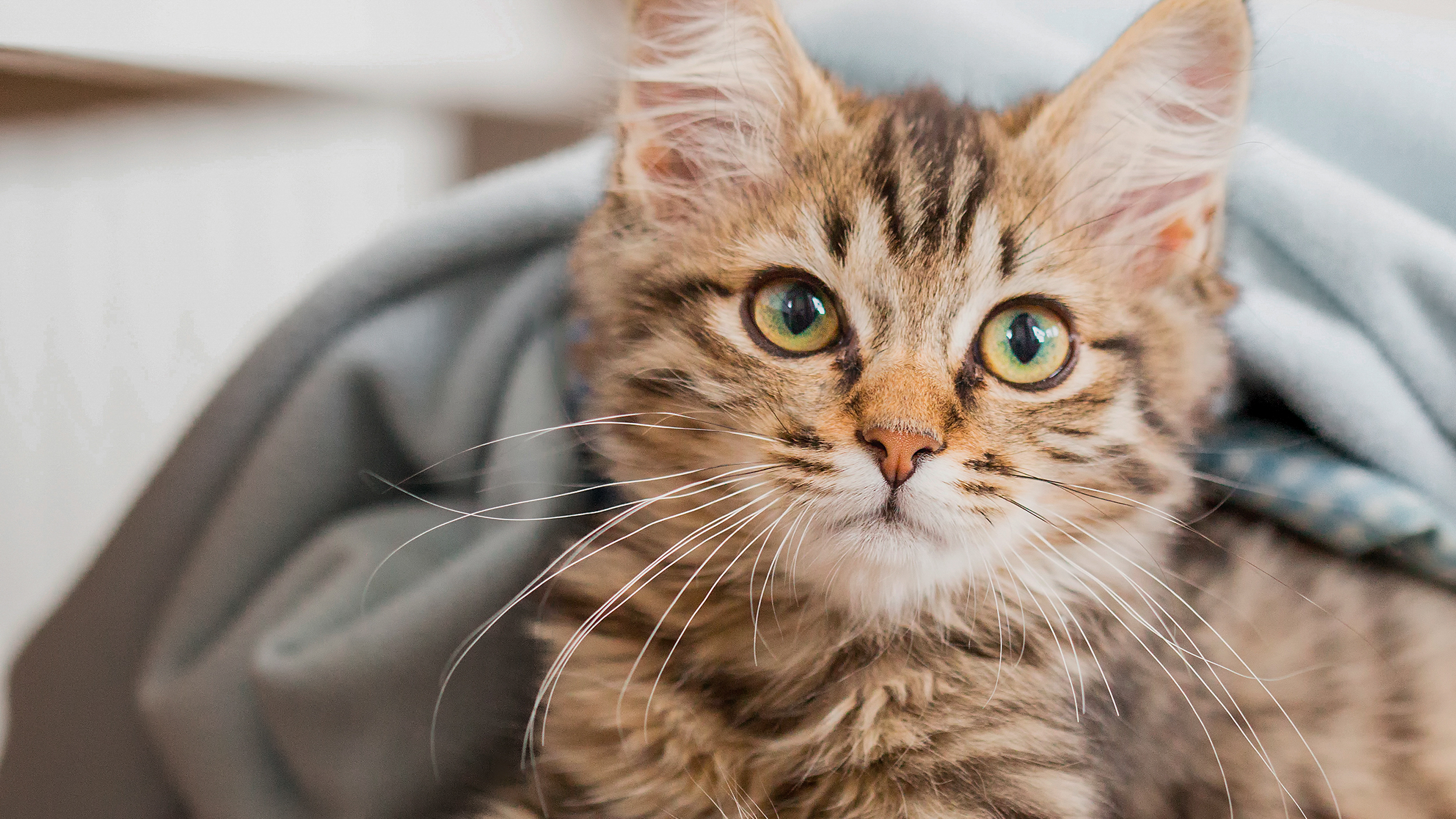Your guide to buying a kitten

When you choose to buy a kitten, it is important to make sure that you take care in your research in order to prevent funding irresponsible breeding and make sure you take home a healthy pet.
Pros of buying a kitten
- You have the probability of a longer life together
- You can get a much fuller medical background of the kitten
- Kittens are less likely to have preconceived behavioural problems relating to past experiences
Cons of buying a kitten
- Kittens need more care and attention at the beginning than adult cats
- Kittens will need some training
- Kittens may need more initial care and medical attention such as vaccines
Where to buy a kitten
It is possible to buy a kitten from a registered breeder. The important thing is to make sure the kittens and their mother are healthy and well looked after before you take one home. Avoid buying kittens from places that don't respect the welfare of animals. It is strongly recommended that you go to a reputable breeder or seller. It's a good idea to ask your vet for advice about breeders in the local area.

Top tips for buying a kitten
- Always meet the breeder and see where the kitten lives and has been bred before committing yourself. This way you will learn about its history and better understand how it has been cared for
- When speaking to a breeder, ask about the temperament of the tom and queen to better understand the nature of your prospective kitten
- Ask what measures a breeder has taken to ensure their kittens are well-socialised - kittens learn the majority of their socialisation skills in the first eight weeks so giving them enough time and attention in that early period is vital
- Note the breeder’s attention to hygiene, healthcare and good nutrition
- Ask the age of the kittens. They should stay with their mothers until they are around 12 weeks old as taking them away any earlier can lead to behavioural issues
- Check for any visible health problems. Kittens should be bright eyed and a healthy weight
- Ask if they have been health checked by a vet. This should include vaccines and worming as well as screening for any hereditary diseases in pedigree cats. Ask for relevant certificates to be provided
- Find out if the mother has been vaccinated and wormed. If she hasn’t then it is unlikely her kittens have been
- Ask if the kittens have been microchipped. If they haven’t, you should consider getting this done as soon as possible.
- Choose your veterinary practice and schedule a check-up quickly once the kitten has joined your household
Bringing a kitten into your home can be an exciting and rewarding experience, but it is important to do your research thoroughly. By being both mindful and responsible when buying your new cat, you can help to make sure you bring a healthy and well-balanced pet into your home and prevent the support of unethical breeding practices.
Unsure if buying a kitten is right for you? Learn more about other options to getting a cat, like adopting.

Like & share this page